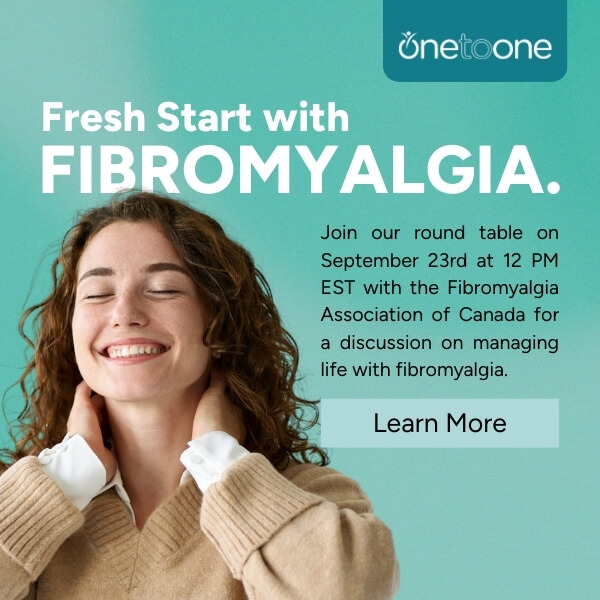
I see a number of clients who have been in pain for some time, whether it’s back pain, neck pain, knee pain, shoulder pain, pain in other sites, or a combination. A lot of them feel stuck and not sure what to do. In a way, you could say the pain is controlling them and their life. They often feel powerless, or at least like they do not have the control they would like to help themselves. Thus, they end up coming in for physiotherapy . I see my job as investigating and understanding first and then helping give people back their power and control. Maybe you could say uncovering it.
Why Do Some People with Chronic Pain Feel Powerless?
For some people, a lot of their power is covered up by the uncertainty and fear about not being sure what is going on, leading to a sort of paralysis—avoiding things out of fear of making it worse. Alternately, my clients might find it frustrating when they try to do the things they want to do, and it causes more pain. That might lead to feeling powerless to varying degrees.
Some people I see even feel hopelessness—a sense of “this will never get better.” Often, at the same time as this hopelessness, people have been trying really hard to help themselves with a variety of different strategies. You could say that they are actively working on gaining power over or being in control of their situation. This looks different for everyone. Some people have found a lot of success with a strategy they like and believe in. Some people have more hope and power, and other people feel less, depending on a range of factors.
What Stops People from Seeking Help?
There is a lot of information out there from different sources about pain conditions. This could include information on arthritis, back pain conditions, muscle or ligament tears, nerve pain or other conditions. Often, when people feel less power, they may have heard information that says or implies that there is nothing that they can do about it—that it’s only going to get worse over time.
Unfortunately, just the fact of feeling disempowered alone can also lead to more decline, more hopelessness, continued pain, and poor quality of life. People are striving to gain more power over their situation on one side, and on the other side, there are doubts: “Maybe I can’t do anything about this; I read that it was degenerative; etc.”
How Does Physiotherapy Help Empower People?
In physiotherapy, I find one of the first keys can be to discuss some of the positive science showing how your body, your pain, and your life can change and get better. I see many people shift from powerlessness to feeling empowered when we uncover and highlight tools and strategies that are effective for changing pain.
Often, I may start by helping people reflect on their own experiences. Many people find that they can recall times in their life they have felt better—they can often pinpoint helpful habits on their own, such as regular exercise, being in a routine, taking care of themselves, eating well, doing mindfulness or relaxation practices, or being more social. Everyone has different things that work for them, or sometimes, they like to try new things. While you may know something works for you, it can also be helpful to hear about how it works for other people and if it’s backed by science.

What Helps Chronic Pain?
For chronic pain conditions (body pain lasting more than 3 months), there are a variety of strategies that can be effective treatments. Some of the science-backed strategies include:
- Learning about pain
- Movement and exercise
- Goal setting
- Mindfulness
These and many other active strategies that give you power have been shown to help people with pain conditions, including arthritis, chronic pain, post-surgical pain, persisting pain after injuries, and a range of other chronic pain and illness conditions, from headaches to back pain conditions, shoulder or knee conditions, and more.
Often, a combination of strategies and an individualized approach can help. To start, remember that knowledge is power. Or you could say the right type of knowledge can be powerful. That is, information about your body’s ability to adapt, heal, and get better—about how you can get back to your life and what you can do about it.
Another key idea to remember is that movement is medicine, or you can say motion is lotion. I have seen people in severe, long-lasting pain get better when they reflect on the benefits of movement, change how they approach it (maybe easing in more) and then work on building in regular positive movement in their lives.
You Have Options for Managing Pain
Pain scientists talk about how pain is complex. This is good news because it means there are lots of options for things that can help. If you’re feeling stuck, powerless, and frustrated with your pain or other chronic health condition, having a guide, a physiotherapist, or another healthcare provider could help.
Whatever condition you have, remember that many people before you with similar conditions have recovered and regained power over their life. There is hope.
Contact us to learn more about how we can help empower you to live well.





